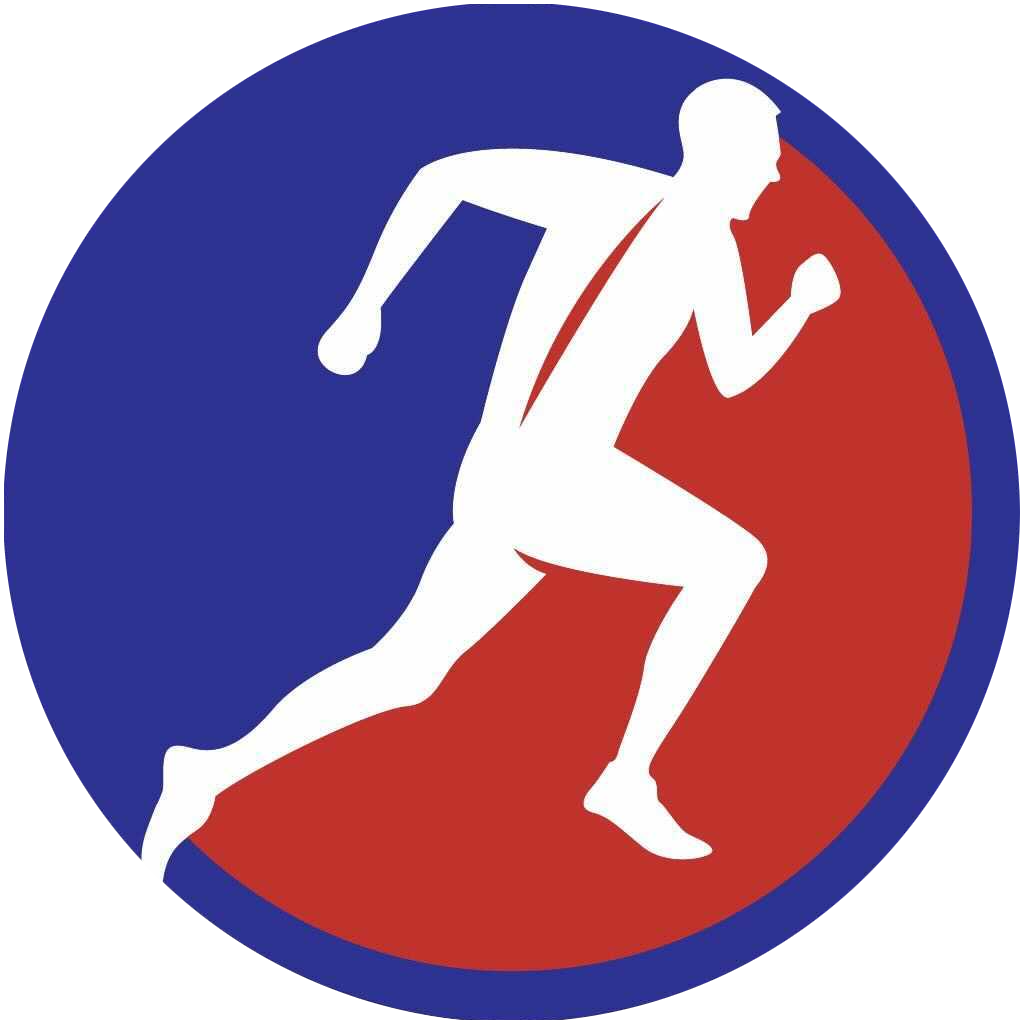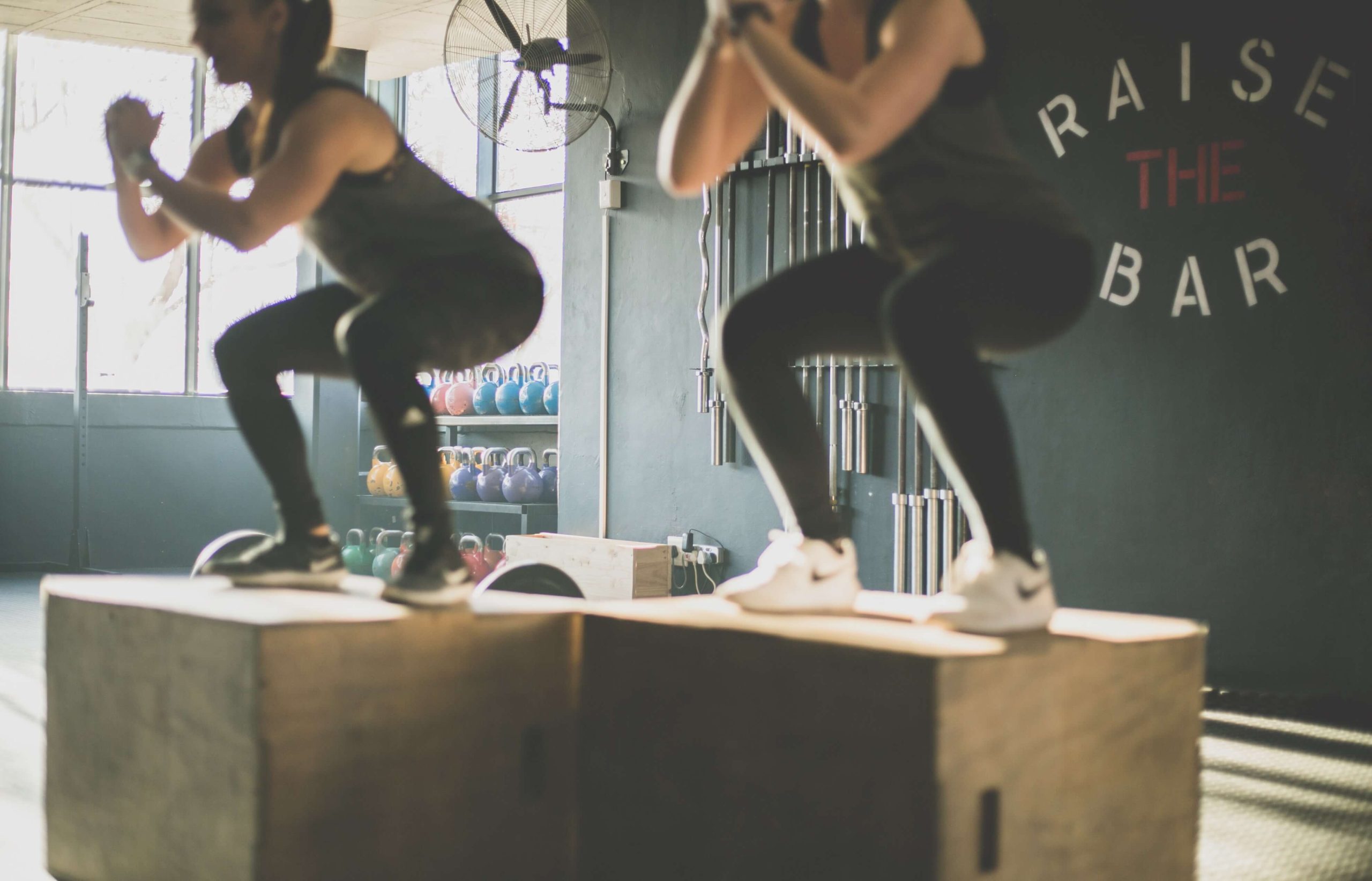High-intensity interval training sessions, more commonly known as HIIT workouts, have become very popular. For anyone not familiar, HIIT workouts typically involve short sessions of high-intensity effort followed by recovery time. HIIT workouts can easily be modified for every person’s needs, which has likely added to its popularity. In addition to this, HIIT workouts have fitness benefits similar to traditional workouts in a shorter period of time and they tend to burn more calories as well. However, because of the high-intensity nature of these workouts, HIIT injuries are very common, especially for anyone new to fitness. Fortunately, there are easy ways to prevent and treat HIIT injuries.
Keep reading to learn more about the most common HIIT injuries, how they can be prevented, and how our practice treats these types of injuries.
Common HIIT Injuries
With “high intensity” in the name, it’s no surprise that performing HIIT workouts place people at increased risk of injury. These injuries are most commonly caused by poor form and overuse and usually affect the knees, ankles, and shoulders. Specifically, the most common HIIT injuries are meniscus tears, Achilles tendonitis, and rotator cuff tears.
However, this doesn’t mean that you should never perform a HIIT workout again. It just means that you should take some precautions when beginning your journey in HIIT workouts. In the following section, we’ll discuss how these injuries can be prevented.
How to Prevent HIIT Injuries
HIIT workouts are often described as being one-size-fits-all, but this isn’t the case. Not all athletes performing these workouts have the appropriate level of flexibility, mobility, core strength, or muscles necessary to avoid HIIT injuries. However, there are simple ways to prevent these injuries with strength training, proper form, and more.
Strength Training
A great way to avoid HIIT injuries caused by overuse is to have strength training within your workout routine. Strength training builds muscle while improving flexibility and mobility at the same time. Focusing on increasing your strength will reduce your likelihood of developing an injury during HIIT workout sessions.
Stretching
Although strength training will go a long way in increasing your flexibility, you shouldn’t remove stretching from your workout routine. Stretches also increase your mobility and range of motion, which will also strengthen muscles and reduce the likelihood of an injury such as a rotator cuff tear. Properly stretching prior to a workout will also allow you to perform more effectively, further reducing any risk of injury.
Proper Form
When you have proper posture, the muscles in your body and balanced and provide proper support. This is why exercising with the correct posture and form is so important. It can be easy to focus more on the intensity or speed of your movements rather than your form, especially when you’re in a class setting. There’s pressure to keep up with those around you. However, it’s important to remain focused on your form and posture, even if it means you need to slow down. Speed is not more important than proper form.
Consult Your Doctor
Finally, remember that before you begin any workout program, it’s important to consult your doctor. You can discuss what will work best for your fitness level and goals and your doctor may recommend ways for you to ease into your new program and avoid HIIT injuries.
Treating HIIT Injuries at the Center for Sports Medicine & Wellness
If you’ve sustained a HIIT injury that is in need of treatment, there are a variety of non-surgical and minimally invasive options available at our practice that may be able to provide you with relief. Because the most common HIIT injuries are meniscus tears, Achilles tendonitis, and rotator cuff tears, we’ll focus on discussing treatment for these conditions.
Bone Marrow Concentrate
This is a non-surgical, cell-based treatment that has been shown to be very effective in healing tendons, cartilage, and general wound healing. Bone Marrow Concentrate injects a patient’s blood marrow into the injured area to heal and treat the injury. Bone marrow contains both blood and stem cells, both of which are believed to be effective in creating new tissue like bone, cartilage, fat, and blood vessels. This is what allows this treatment to effectively treat injuries. In addition to this, Bone Marrow Concentrate has the ability to decrease inflammation and aid in new tissue formation.
Autologous Stem Cell Injections
This is a cell-based, non-surgical therapy that utilizes a patient’s bone marrow or fat to find rich sources of stem cells. The patient’s stem cells are then injected into the area that is injured, where they are able to stimulate tissue growth that will help heal the injury. Evidence shows that Autologous Stem Cell Injections are equally as safe as other injection-based treatments, pose no risk of tumor genesis, and show excellent clinical outcomes and healing of musculoskeletal tissues.
Tenex Tenotomy
Tenex Tenotomy is a minimally invasive technique used to eliminate chronic tendon pain caused by conditions such as Achilles tendonitis by targeting and removing damaged tissue. This is a treatment that can help patients avoid traditional open surgery and recover much faster. Studies have proven that when Tenex is used to treat tendonitis, patients exhibit an increase in overall functionality and a significant decrease in pain.
Non-Surgical Treatment for HIIT Injuries in Glen Mills, PA
Our team at the Center for Sports Medicine and Wellness is proud to be experts in the most advanced minimally invasive and non-surgical treatments for our patients. This is why we offer various cell-based and non-surgical options for herniated disc treatment.
We understand that our patients’ top priority is to successfully recover from their conditions while getting back to their lives or their sports as quickly as possible. We’re proud to provide the most advanced and least invasive treatment options.
If you’d like to learn more about our services or contact us to schedule a consultation, please call our office in Glen Mills, Pennsylvania, at (610) 459-4200 or fill out our form. We welcome your inquiry and we look forward to helping you get back to the game of life!

